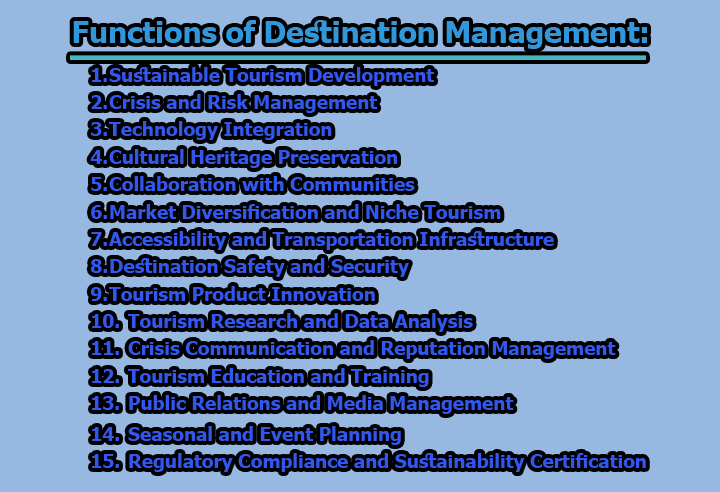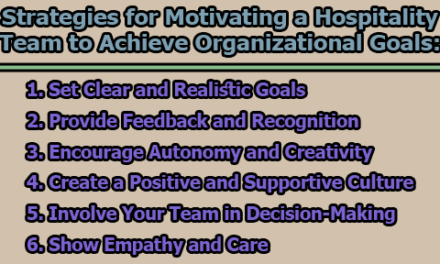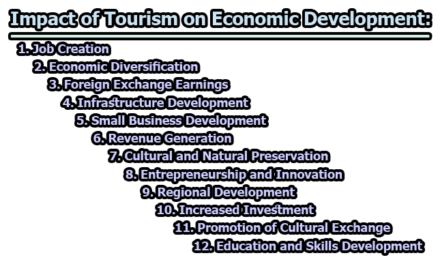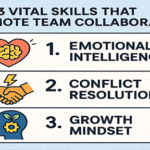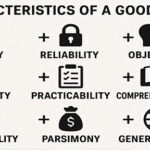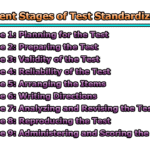Functions of Destination Management:
Destination Management involves a range of activities and responsibilities that aim to effectively manage and promote a specific destination, whether it’s a city, region, or country, to attract tourists and provide them with memorable experiences. Here are the necessary functions of destination management:
1. Sustainable Tourism Development: Sustainable tourism is a key consideration in destination management. It involves minimizing the negative impacts of tourism on the environment and local communities while maximizing the positive ones. Destination managers need to work on eco-friendly initiatives such as waste management, energy efficiency, and promoting responsible travel behavior among visitors. Implementing sustainable practices can help preserve the destination’s natural beauty and cultural heritage for future generations, while also appealing to the growing market of eco-conscious travelers.
2. Crisis and Risk Management: Crisis management is essential in the tourism industry, as destinations can face various unexpected challenges such as natural disasters, health crises (like pandemics), or political instability. Destination managers need to have robust crisis management plans in place, including clear communication strategies and evacuation procedures to ensure the safety and well-being of tourists. Handling crises effectively can minimize the negative impact on the destination’s reputation and visitor numbers.
3. Technology Integration: The integration of technology is critical for enhancing the visitor experience. This includes the use of mobile apps, virtual reality, and augmented reality to provide interactive guides, maps, and information. Destination managers can use data analytics to gain insights into visitor preferences and behaviors, enabling them to tailor services and marketing efforts accordingly. Online booking systems and e-commerce platforms are also essential for simplifying the travel planning and booking process for visitors.
4. Cultural Heritage Preservation: Many tourists are drawn to destinations because of their cultural heritage, which includes historical sites, traditions, and local customs. Destination management involves preserving and promoting cultural heritage by enforcing regulations for the protection of historical sites and encouraging the continuation of traditional practices. Cultural events and museums can be curated and maintained to educate visitors about the destination’s history and traditions, ensuring that they are respected and appreciated.
5. Collaboration with Communities: Destination managers must work closely with local communities to ensure that tourism benefits are shared equitably. This includes addressing social and economic issues within these communities. Community involvement can include capacity building, training for tourism-related jobs, and support for local entrepreneurship. Engaging with communities helps build a sense of ownership and pride in the destination, and it can lead to a more authentic and culturally immersive experience for visitors.
6. Market Diversification and Niche Tourism: Destination managers often seek to diversify their target markets and promote niche tourism segments. This can include adventure tourism, culinary tourism, medical tourism, and more. By catering to diverse interests and demographics, destinations can attract a wider range of visitors and reduce their vulnerability to economic downturns in specific markets.
7. Accessibility and Transportation Infrastructure: Accessibility is a crucial factor in destination management. Well-developed transportation infrastructure, including airports, roads, and public transportation, is essential to ensure that visitors can easily reach their destination and move around once they arrive. Destination managers often collaborate with transportation providers to improve connectivity and convenience for travelers.
8. Destination Safety and Security: Ensuring the safety and security of visitors is paramount. Destination managers must work closely with local law enforcement and emergency services to create a safe environment for tourists. This includes implementing measures to prevent crime, providing information on safety guidelines, and preparing for emergencies, such as medical incidents or natural disasters.
9. Tourism Product Innovation: To stay competitive and meet changing consumer demands, destination managers must encourage innovation in tourism products and services. This might involve developing unique experiences, such as adventure sports, cultural festivals, or eco-tourism ventures. Innovation can set a destination apart and create new reasons for tourists to visit.
10. Tourism Research and Data Analysis: Destination managers continuously collect and analyze data related to tourism trends, visitor demographics, and market preferences. Research findings can inform strategic decisions, marketing efforts, and product development, allowing destination managers to adapt to changing market dynamics and make data-driven choices.
11. Crisis Communication and Reputation Management: Crisis communication is a crucial function in destination management. In the event of unforeseen incidents like natural disasters or security threats, clear and timely communication with both visitors and stakeholders is essential. Destination managers must have robust crisis communication plans in place to address such situations while protecting the destination’s reputation.
12. Tourism Education and Training: To ensure a high level of service and professionalism within the tourism industry, destination managers often facilitate training programs and educational initiatives. These programs can cover various aspects, including customer service, sustainable tourism practices, and cultural sensitivity, benefiting both the local workforce and the visitor experience.
13. Public Relations and Media Management: Managing public relations and media interactions is vital for shaping the public perception of a destination. Destination managers work to maintain positive relationships with media outlets and influencers. They may also organize press trips and media events to generate positive media coverage and promote the destination.
14. Seasonal and Event Planning: Many destinations have seasonal peaks and special events that draw visitors. Destination managers are responsible for planning and managing these events and peak seasons effectively. They need to coordinate accommodations, transportation, and activities to ensure a seamless experience for visitors during busy periods.
15. Regulatory Compliance and Sustainability Certification: To protect the environment and ensure responsible tourism, destination managers may work on developing and enforcing regulations related to tourism activities. They may also encourage businesses within the destination to obtain sustainability certifications and adhere to best practices for environmental and social responsibility.
In conclusion, destination management is a complex and multifaceted field that requires careful planning, continuous evaluation, and adaptation to changing trends and visitor needs. Successful destination management can lead to economic growth, job creation, and the preservation of cultural and natural resources while offering memorable experiences to travelers.

Assistant Teacher at Zinzira Pir Mohammad Pilot School and College

